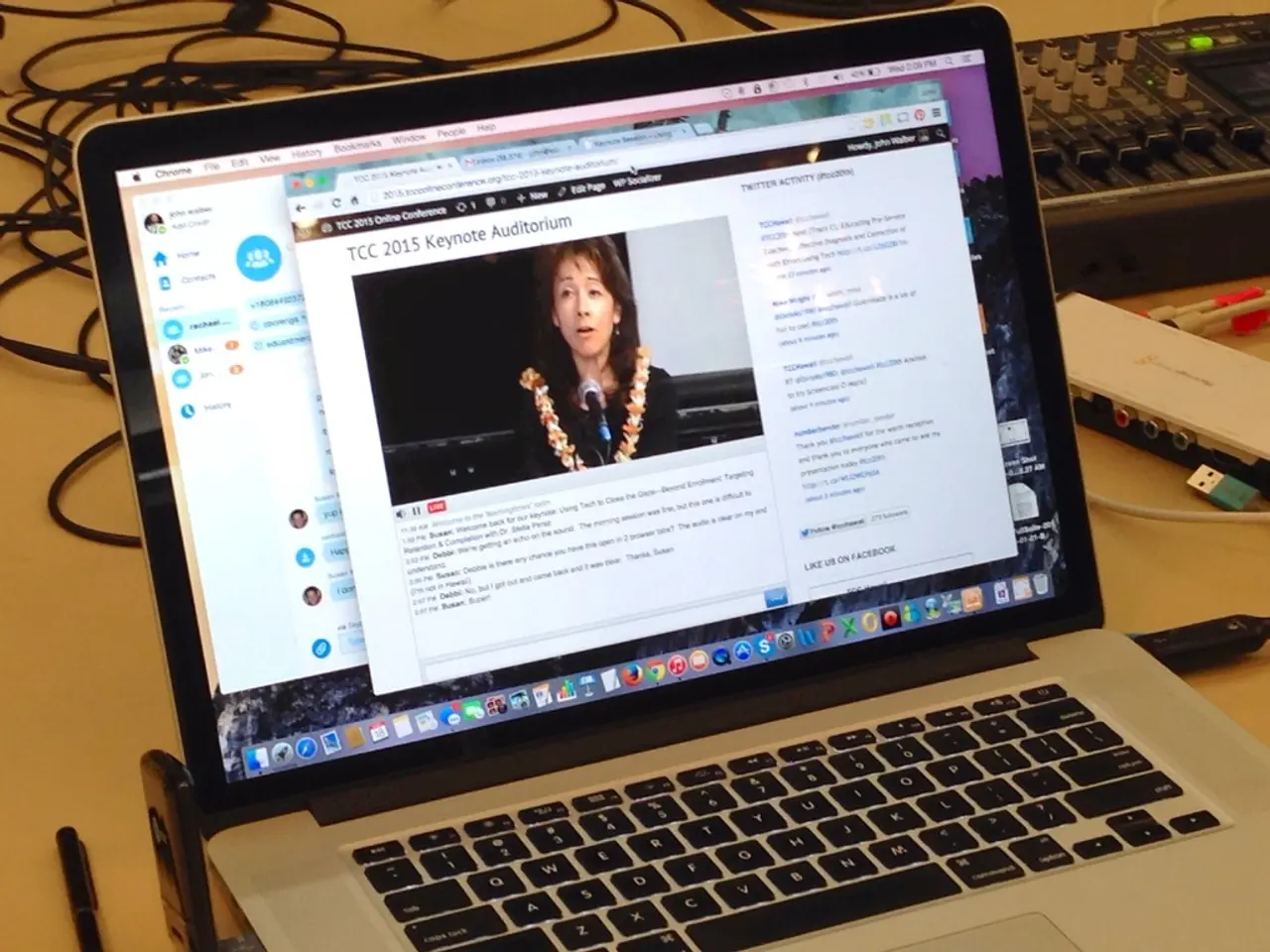Banks strategize for a digital currency dominated future
The Federal Reserve Bank of New York and the Bank for International Settlements (BIS) Innovation Hub have embarked on a collaborative pilot initiative called Project Pine. The aim of this project is to lay the groundwork for a fully tokenized financial system, addressing the challenges and opportunities involved in transitioning towards digital currencies and tokenized assets [3].
Project Pine is not intended to promote or establish any specific policy outcomes or digital currency issuance. Instead, it focuses on understanding the technical and operational aspects of a tokenized system to ensure readiness and interoperability within financial markets [2]. By experimenting with digital tokens, the collaboration helps inform how central bank digital currencies (CBDCs) and other digital assets can integrate with existing financial infrastructure, enhancing settlement efficiencies, liquidity management, and regulatory compliance as financial systems evolve.
The project has developed a toolkit of smart contracts for executing monetary policy in a fully tokenized financial system. This toolkit aims to fulfill traditional central bank functions, such as paying interest on reserves, conducting open market operations, managing collateral, and supporting credit and asset purchases, all adapted for a tokenized environment [1]. The simulation concluded that the toolkit would be valuable during the transition towards tokenization and help central bankers model various scenarios [1].
The smart contracts serve as the engine behind the increased efficiency in crisis response in digital financial markets. Project Pine's smart contracts are designed to integrate collateral eligibility and haircut setting with execution. This could change the timeline for implementing emergency measures, enabling central banks to announce and deploy new facilities simultaneously [1].
Central bankers are not proposing to remove human judgment from critical decisions, but acknowledge that tokenized systems offer distinct advantages. The focus on adaptability in Project Pine could lead to faster crisis response in digital financial markets. The increased efficiency in crisis response becomes increasingly crucial as tokenization accelerates money velocity, potentially allowing crises to develop more rapidly than in traditional systems [1].
Tokenization might expand the range of available collateral, necessitating greater automation. A fully tokenized system would require continuous 24/7 operations, making carefully automated processes within guardrails essential outside standard working hours [1].
Six additional central banks have contributed requirements for the project, emphasizing flexibility as their paramount concern. This emphasis on adaptability could make Project Pine a significant step towards preparing central banks and financial institutions for a more efficient, transparent, and innovative tokenized financial future [2].
In broader context, initiatives like Project Pine form part of global efforts by central banks and financial authorities to modernize payments and asset management, recognizing the growing importance of blockchain technology and digital currencies in financial innovation [2][3]. This preparation is crucial as institutions such as Citigroup explore issuing stablecoins and other entities develop digital share classes and tokenized funds, showing the financial industry's trend towards tokenization [2][4].
References: 1. Federal Reserve Bank of New York and BIS Innovation Hub Develop Toolkit for Tokenized Financial System (2021), [Link] 2. Central Banks Prepare for a Tokenized Future (2021), [Link] 3. Project Pine: Building the Architecture and Infrastructure for a Tokenized Financial Ecosystem (2021), [Link] 4. The Financial Industry's Shift Towards Tokenization (2021), [Link]
- Central banks and financial institutions are focusing on Project Pine, a collaborative pilot initiative, to prepare for a more efficient, transparent, and innovative tokenized financial future.
- The toolkit developed by Project Pine aims to adapt traditional central bank functions for a tokenized environment, potentially enhancing settlement efficiencies, liquidity management, and regulatory compliance.
- As tokenization accelerates money velocity, the increased efficiency in crisis response might become increasingly crucial, with Project Pine's smart contracts aiming to improve this response timeline.




